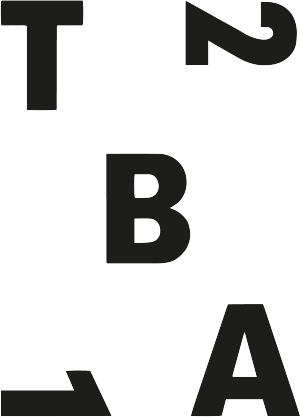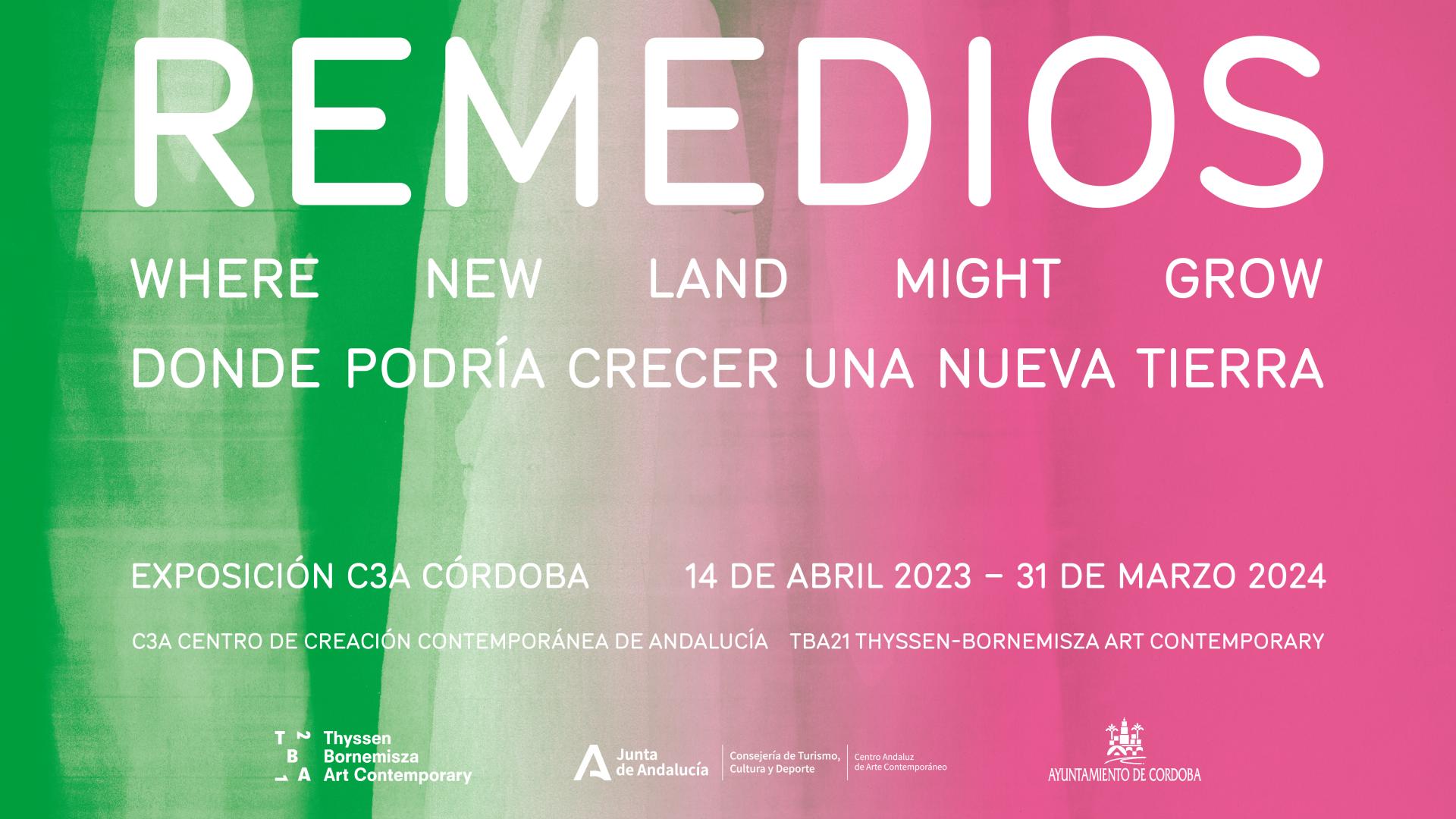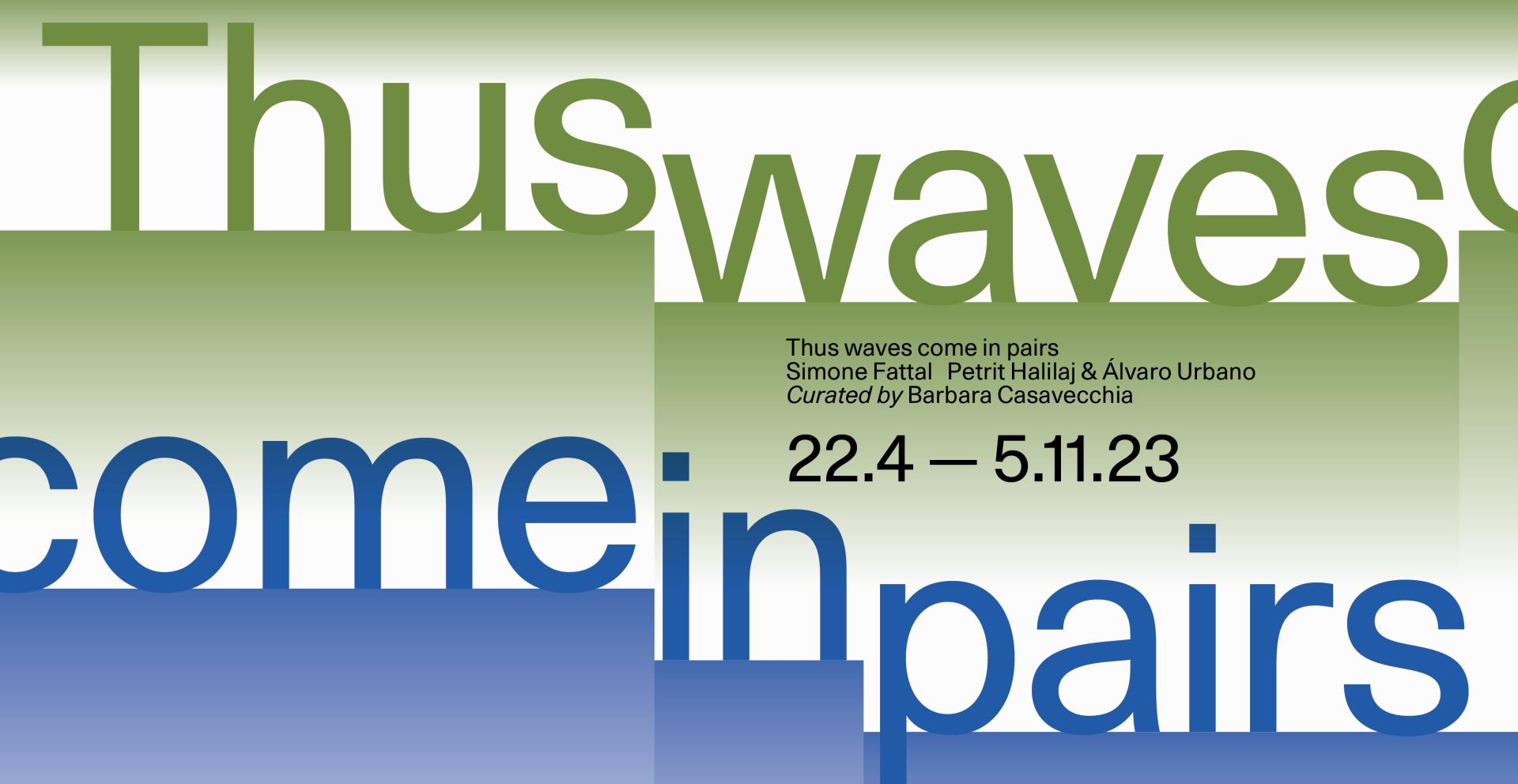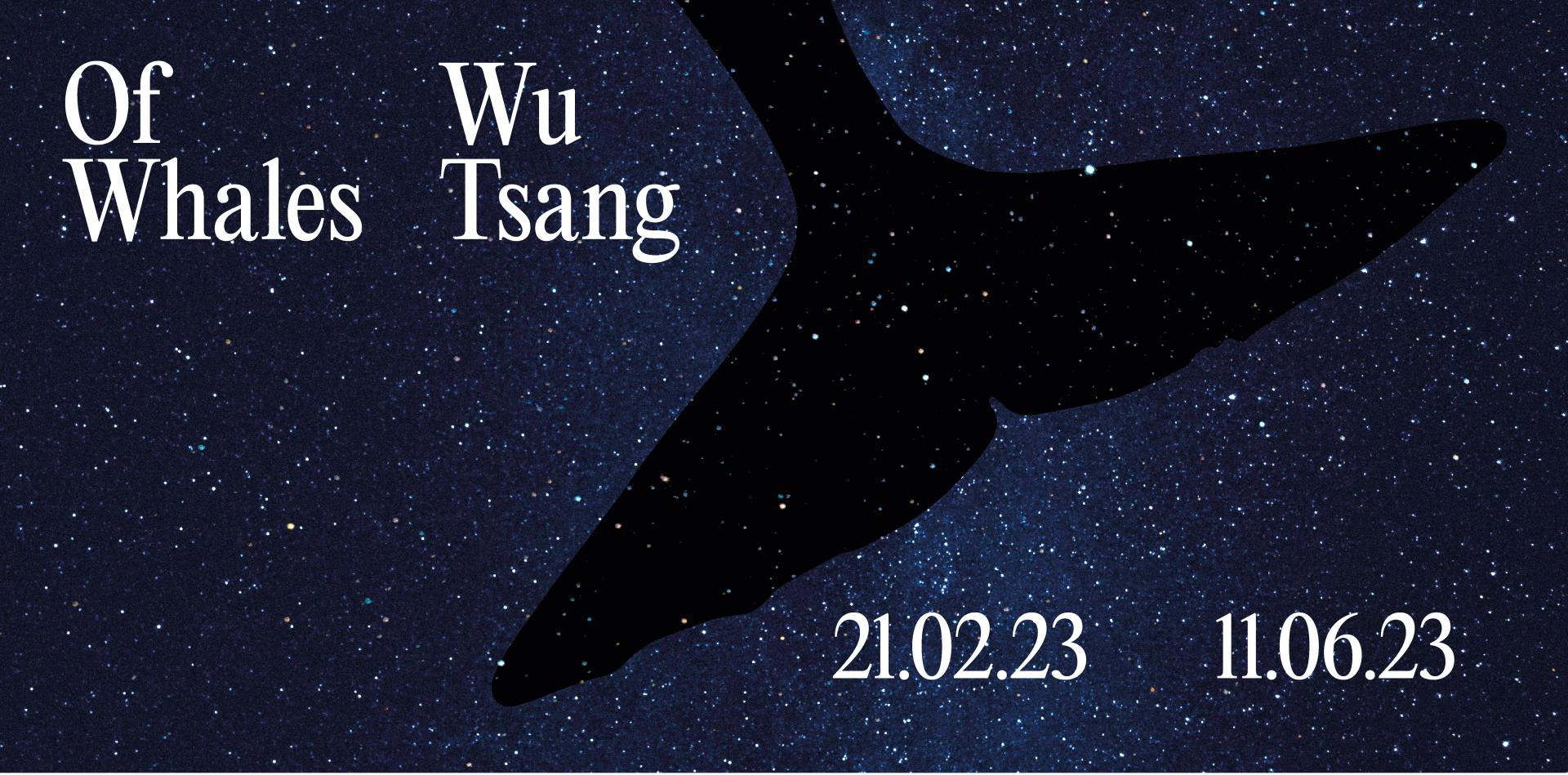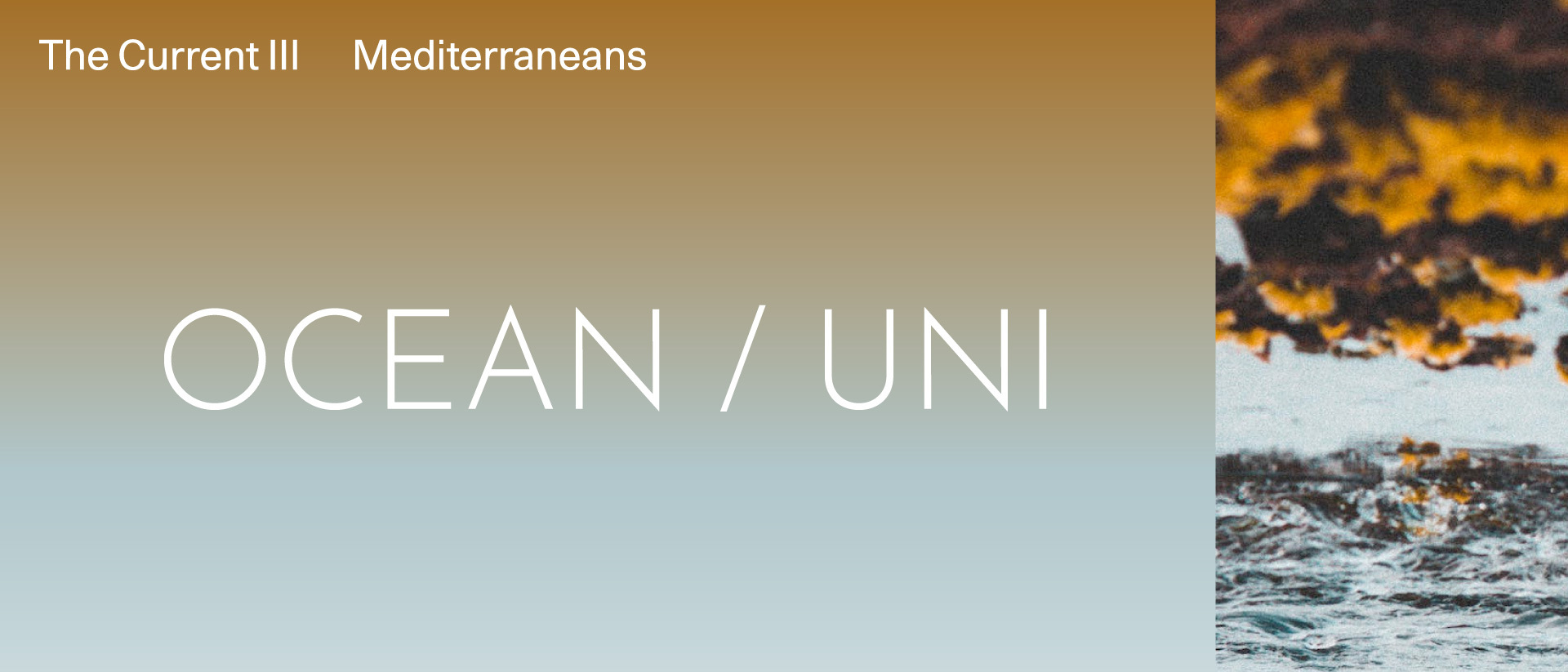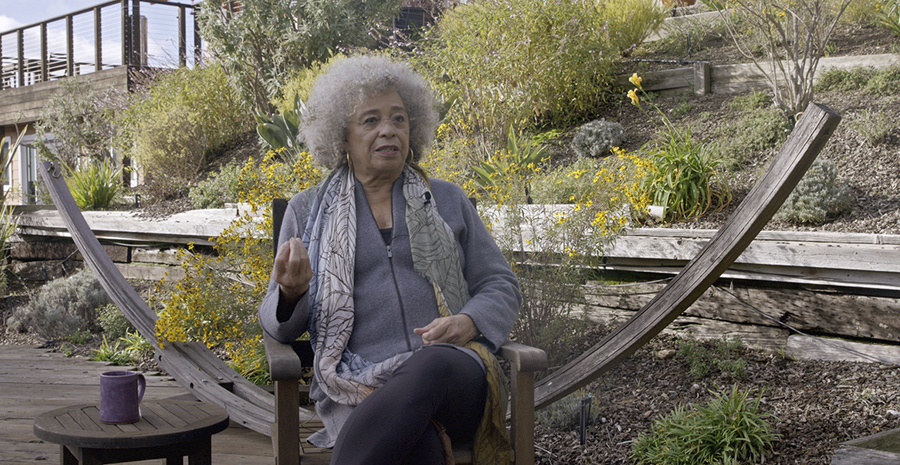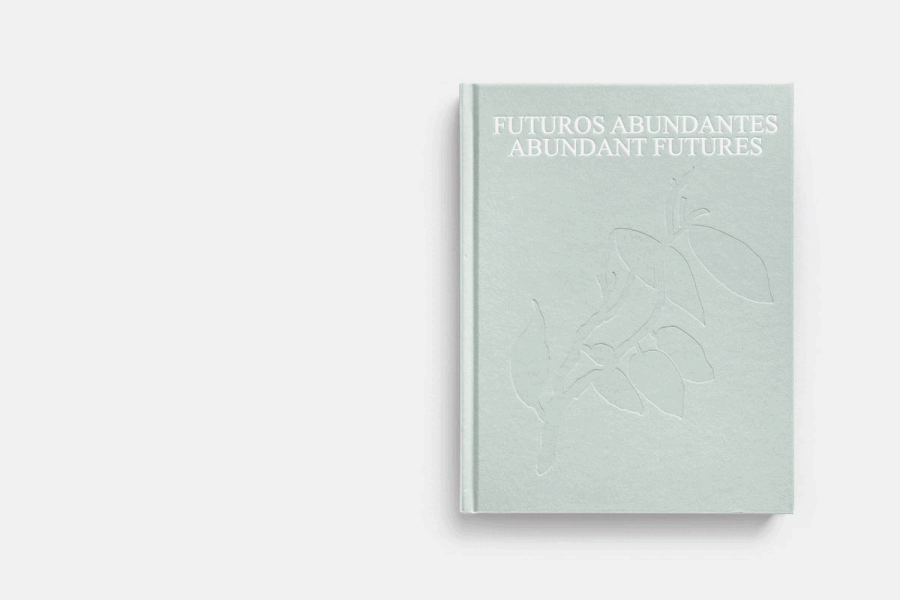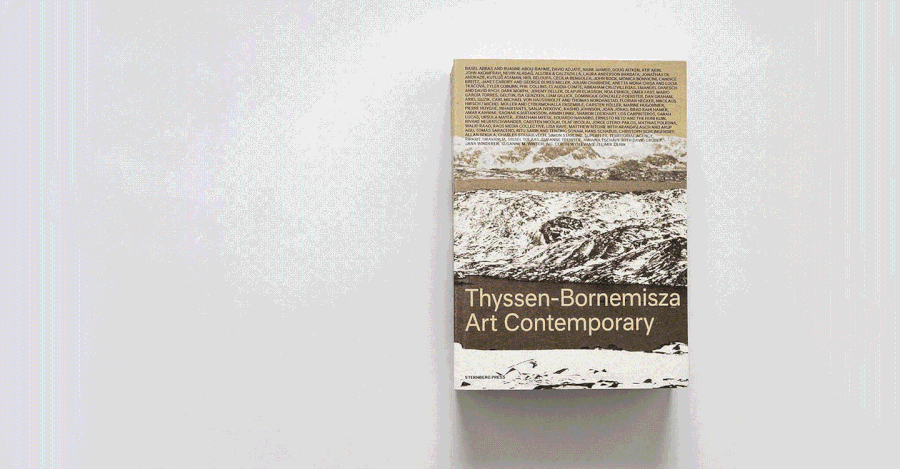Hostage: The Bachar Polaroids, 2011
Walid Raad

Photo: Courtesy the artist | Sfeir-Semler Gallery, Hamburg & Beirut

Photo: Courtesy the artist | Sfeir-Semler Gallery, Hamburg & Beirut

Photo: Courtesy the artist | Sfeir-Semler Gallery, Hamburg & Beirut

Photo: Courtesy the artist | Sfeir-Semler Gallery, Hamburg & Beirut
Collection
Set of 20 inkjet prints on archival paper, framed
20.3 x 20.3 cm (each, unframed), 21.5 x 21.5 x 3 cm (each, framed)
During his ten-year captivity in Lebanon, Souheil Bachar was photographed over twenty times by his captors. From time to time, his captors would leave him some of the Polaroids they deemed unfit to release to the local and international press. In these images, and for some unknown reason, his body and face were always cut out. With the few brushes and colors available to him in his cell, Bachar decided to fill himself in.
20.3 x 20.3 cm (each, unframed), 21.5 x 21.5 x 3 cm (each, framed)
During his ten-year captivity in Lebanon, Souheil Bachar was photographed over twenty times by his captors. From time to time, his captors would leave him some of the Polaroids they deemed unfit to release to the local and international press. In these images, and for some unknown reason, his body and face were always cut out. With the few brushes and colors available to him in his cell, Bachar decided to fill himself in.
Walid Raad (Ra'ad) (Arabic: وليد رعد) (born 1967 in Chbanieh, Lebanon) is a contemporary media artist. The Atlas Group is a fictional collective, the work of which is produced by Walid Raad. He lives and works in New York, where he is currently an associate professor at the School of Art at the Cooper Union School of Art.
His works to date include film, photography, multimedia installations, and accompanying public performances. All, in one way or another, deal with the contemporary history of Lebanon with particular emphasis on the Lebanese Civil War of 1975–90. The work is also often concerned with the representation of traumatic events of collective historical dimensions; and the ways film, video, and photography function as documents of physical and psychological violence.[1] He is also a member of the Arab Image Foundation.[2]
This biography is from Wikipedia under an Attribution-ShareAlike Creative Commons License.
His works to date include film, photography, multimedia installations, and accompanying public performances. All, in one way or another, deal with the contemporary history of Lebanon with particular emphasis on the Lebanese Civil War of 1975–90. The work is also often concerned with the representation of traumatic events of collective historical dimensions; and the ways film, video, and photography function as documents of physical and psychological violence.[1] He is also a member of the Arab Image Foundation.[2]
This biography is from Wikipedia under an Attribution-ShareAlike Creative Commons License.
